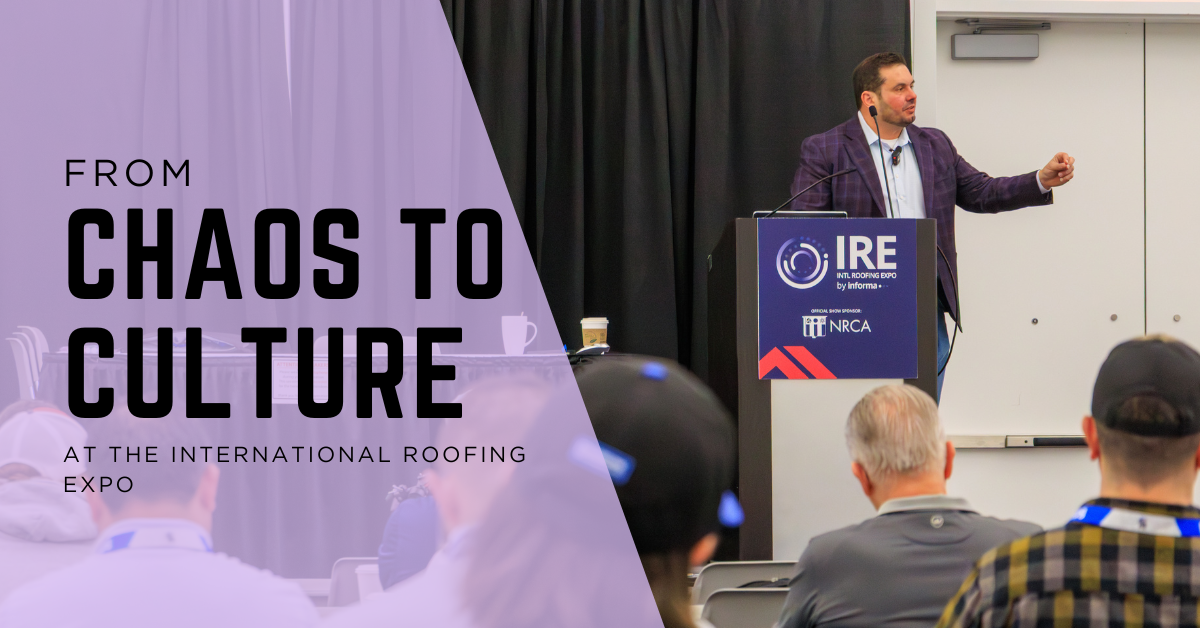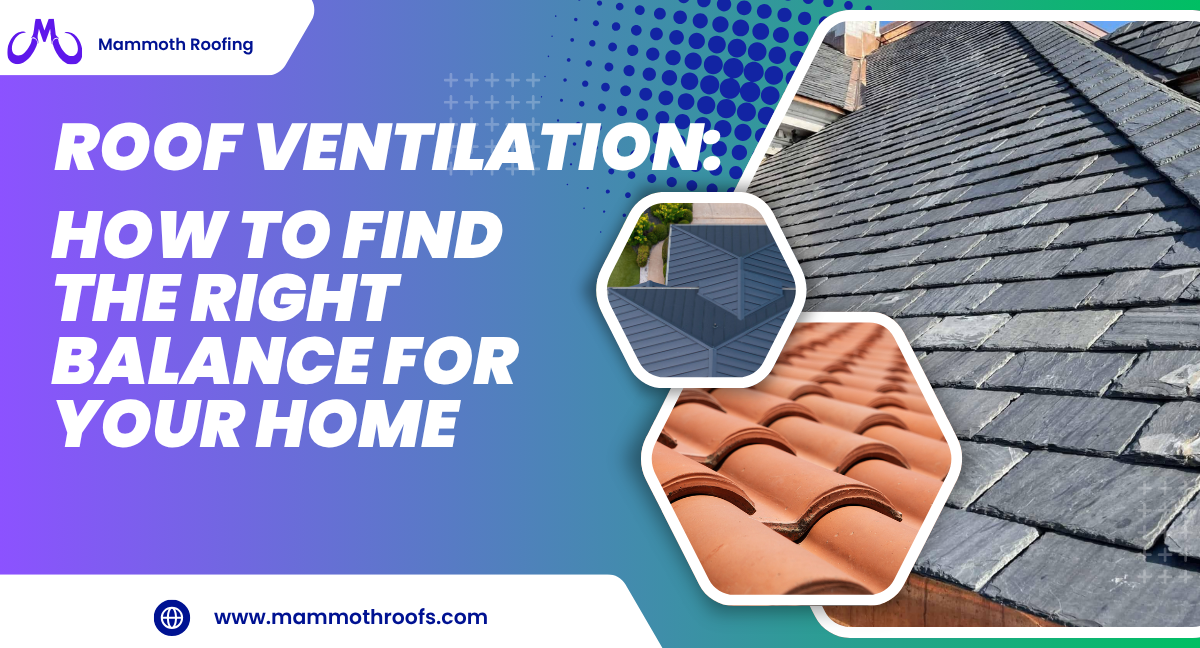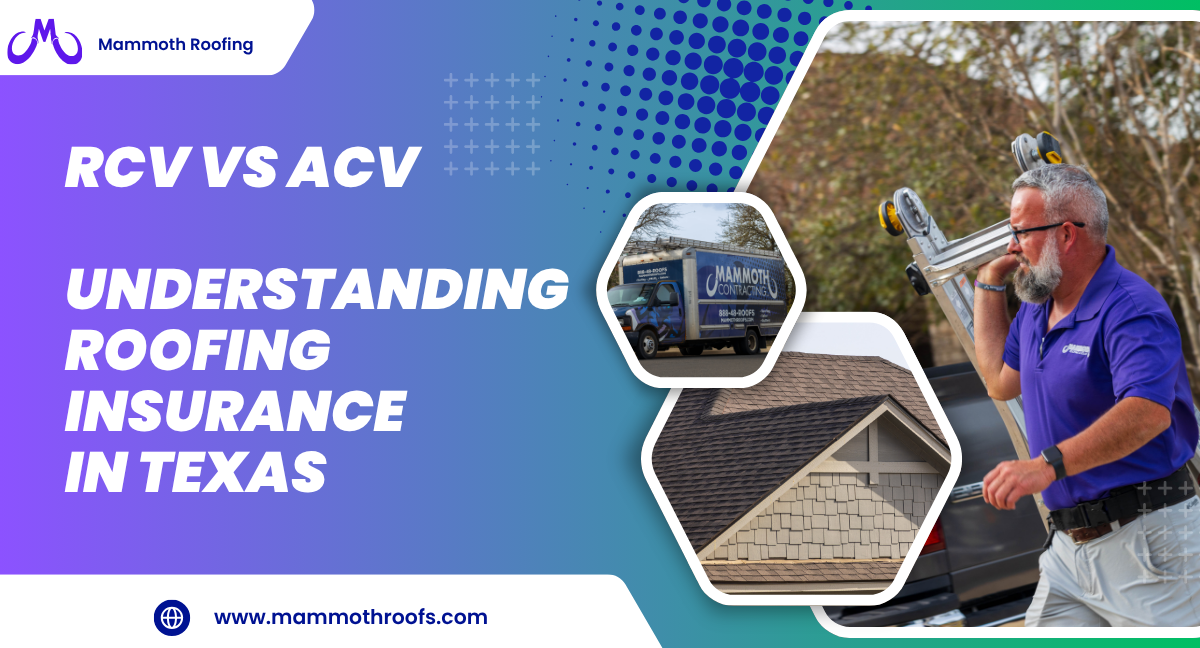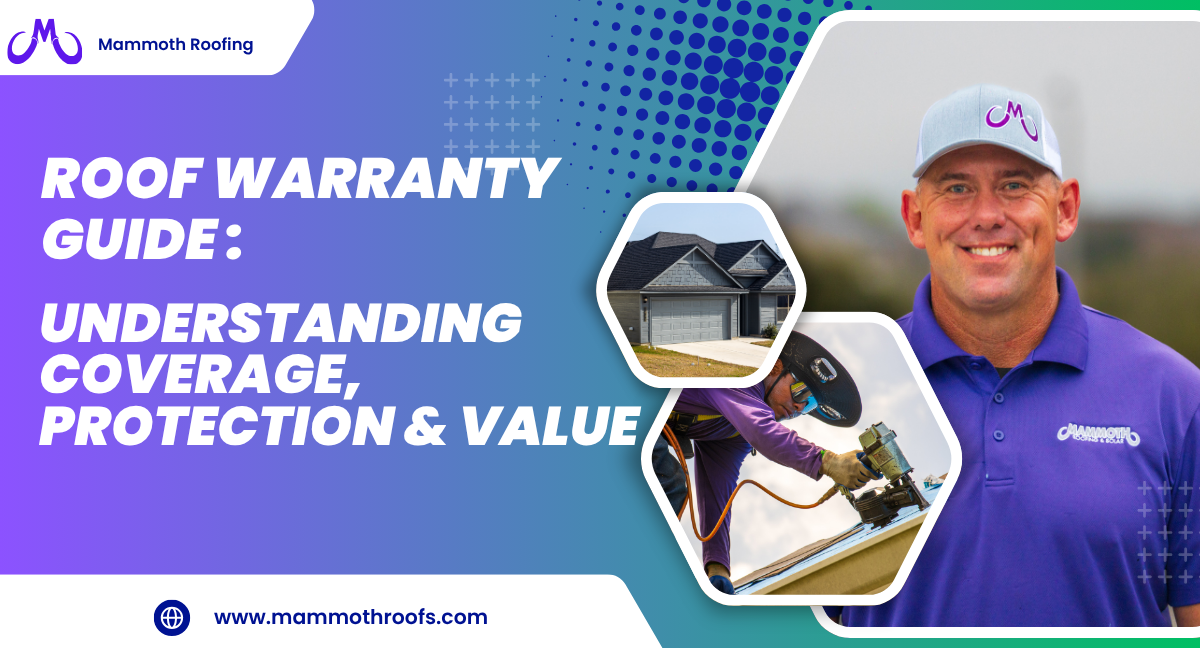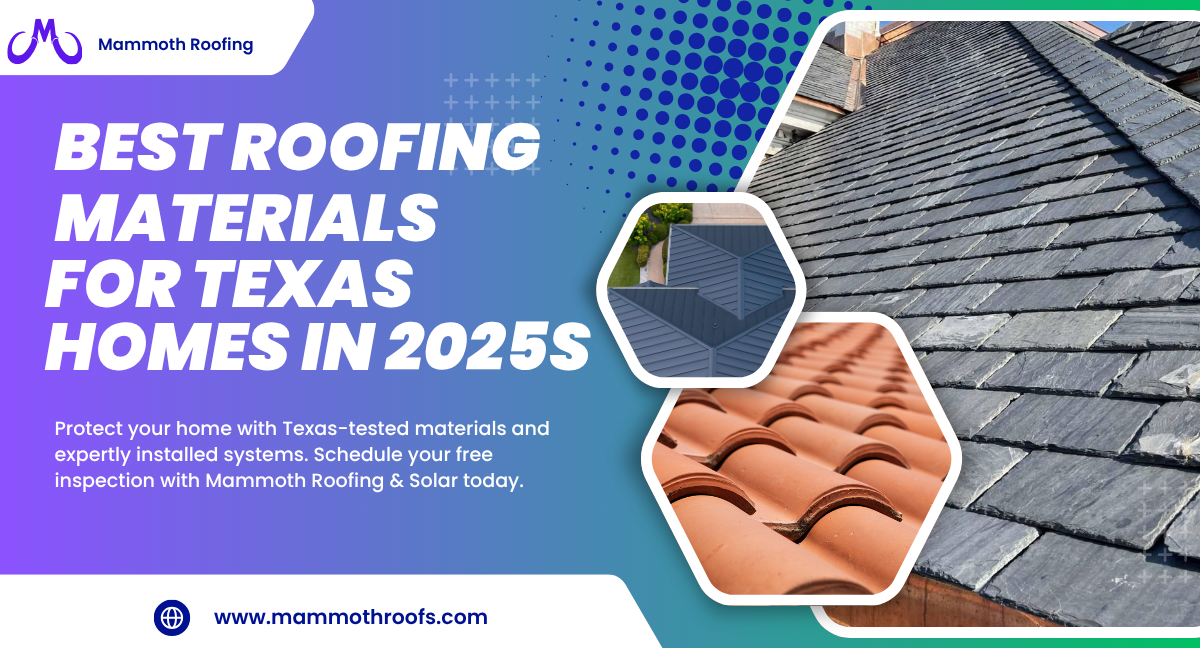Hey everyone! Ever wondered what’s the big deal about commercial and residential roofing? They both keep the rain off our heads, right? Well, not exactly. While the basic idea is the same, there are some major differences between how we build and maintain roofs for our homes versus big commercial buildings. Let’s discuss and differentiate.
Table of Contents
ToggleThe Usage of The Material
What’s the Roof Made Of?
One of the first things you will notice is the materials. Think about your house. You probably have asphalt shingles, maybe some tiles. These are super common for residential roofs because they’re affordable and look good on houses. Commercial buildings, on the other hand, often go for different stuff. They might use single-ply membranes like TPO or EPDM.
These are like giant, flexible sheets of rubber or plastic that cover the whole roof. They’re great for flat roofs, which are super common on commercial buildings. Sometimes, you will even see metal roofing on commercial buildings too. It’s durable and can last a long time. So, material choice is a big difference between commercial and residential roofing.
Difference of the Size and Shape
Another obvious difference? Size and shape! Houses usually have sloped roofs. Think triangles and peaks. This helps water run off easily. Commercial buildings often have flat roofs. Why? Well, flat roofs are way more practical for covering large areas.
They can also be used for things like installing HVAC systems or even creating rooftop gardens! Imagine trying to do that on your pointy house roof! The sheer scale of a commercial roof is also a game-changer. We’re talking acres sometimes! That means different installation techniques and way more materials.
Lifespan and Maintenance Difference
Okay, so how long do these roofs last? Residential roofs, with their shingles and tiles, usually last around 20-30 years, depending on the material and how well you take care of them.
Commercial roofs, especially those using single-ply membranes, can sometimes last even longer – 30-50 years! But here’s the catch: commercial roofs need regular maintenance.
Think inspections, cleaning, and sometimes even repairs. Because they’re so big and flat, they can be more prone to ponding water, which can cause problems. So, while they might last longer, they also need more attention.
Cost Considerations
Let’s talk money. Residential roofing is usually less expensive upfront. Materials like asphalt shingles are budget-friendly, and the roofs are generally smaller. Commercial roofing? Prepare for a bigger bill. Those specialized membranes and the sheer size of the job mean higher costs.
However, remember that commercial roofs often last longer, so it might be a better investment in the long run. Plus, businesses can often write off roof repairs and replacements as business expenses, which can help with the costs.
Installation Expertise
Now, here’s a crucial point: you can’t just slap any old roof on a building. Residential roofing and commercial roofing require very different skill sets. For your house, you will want to find a good roofing contractor local to you.
They know the ins and outs of residential materials and installation. Commercial roofing? You need a specialized commercial roofing contractor. They understand the complexities of flat roofs, single-ply membranes, and all the other stuff that goes into a commercial roof. Don’t try to DIY this, folks! Especially not for a commercial building!
Regulations and Codes
Building codes are a big deal, and they’re different for residential and commercial buildings. Commercial buildings often have stricter regulations when it comes to fire safety, wind resistance, and energy efficiency. This means commercial roofing contractors need to be experts in these codes and make sure the roof meets all the requirements. It’s a lot more complicated than just nailing down some shingles!
Working with a Commercial Roofing Contractor
Choosing the right commercial roofing contractor is absolutely essential. You want someone with experience, a good reputation, and who understands the specific needs of your building. Don’t be afraid to ask for references and check their past work.
A good contractor will be able to explain the different roofing options, help you choose the best materials, and give you a detailed estimate. Don’t just go with the cheapest option. Consider the long-term value and the quality of the work.
Metal Roof Contractors
If you are considering a metal roof, whether for residential or commercial, you will want to find specialized metal roof contractors. They have the expertise to install and maintain these types of roofs properly. Metal roofs are becoming increasingly popular because of their durability and energy efficiency, so finding a good contractor is key.
So, there you have it! Commercial and residential roofing are definitely not the same. From materials and size to installation and regulations, there are some significant differences. Understanding these differences is crucial for making informed decisions about your roofing needs, whether you’re a homeowner or a business owner. Need help with your roofing project? Check out our homepage for more information: mammoth roofs .

